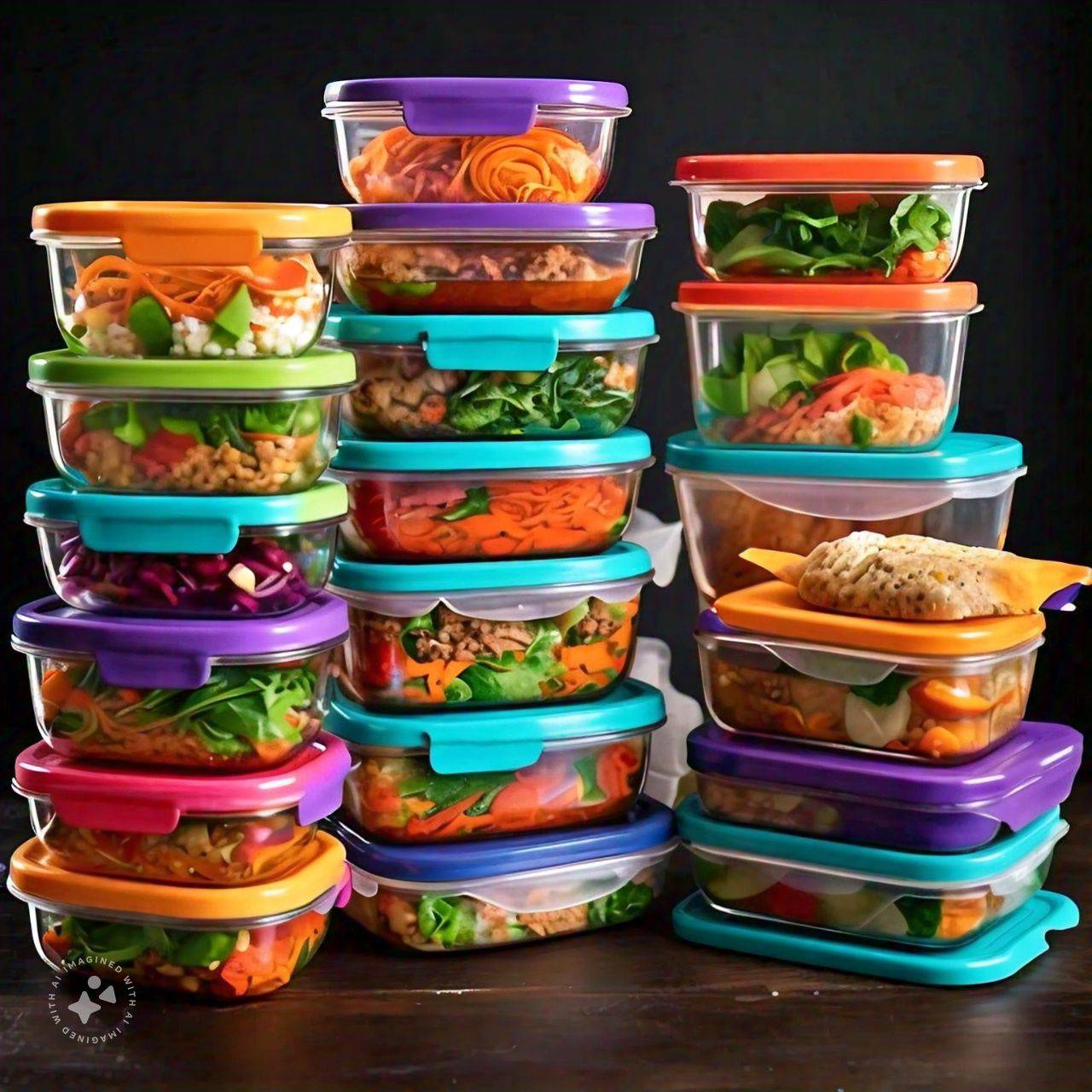Meal prepping is a powerful strategy to save time, eat healthier, and reduce stress during the week. It involves preparing meals or ingredients in advance, so you're always ready with a nutritious option. Here’s a simple guide to help you get started.
1. Define Your Goals
Before diving in, ask yourself:
Why meal prep? Is it for weight loss, saving time, or eating healthier?
How many meals? Decide if you’ll prep for all meals or just one (e.g., lunch).
Knowing your goals will guide your planning and help you stay consistent.
2. Plan Your Menu
Choose meals that are:
Simple to prepare. Stick to easy recipes, especially at first.
Balanced. Include a mix of proteins, carbs, and healthy fats.
Enjoyable. Prep foods you actually like to eat.
Start with 2–3 recipes to avoid feeling overwhelmed. For example, baked chicken with roasted veggies or a quinoa salad.
3. Grocery Shopping Made Easy
Create a detailed shopping list based on your menu. Group items by category (e.g., produce, proteins, pantry staples) to make shopping efficient. Stick to the list to avoid buying unnecessary items.
4. Choose the Right Containers
Invest in quality containers that are:
Leak-proof. To avoid messy spills.
Microwave-safe. For quick reheating.
Portion-friendly. Divided compartments help balance your meals.
Glass containers are eco-friendly and durable, but BPA-free plastic options work too.
Image idea: A stack of colorful meal prep containers ready for storage.
5. Start Prepping
Set aside 1–2 hours for meal prepping. Follow these steps:
Cook in Batches. Roast veggies, grill proteins, and cook grains simultaneously to save time.
Portion Meals. Divide food into individual containers for grab-and-go convenience.
Store Safely. Keep meals refrigerated or frozen, depending on how soon you'll eat them.
6. Keep It Fresh
To avoid boredom, switch up recipes weekly. Add sauces or spices to change flavors and keep meals exciting. For example, use a teriyaki glaze one week and a lemon herb dressing the next.
7. Benefits of Meal Prepping
Saves time during busy weekdays.
Reduces temptation to order unhealthy takeout.
Helps with portion control and mindful eating.
Saves money by cutting down on food waste.
Meal prepping can transform your eating habits, making it easier to stay healthy and organized. Start small with a few meals a week, and gradually expand as you get comfortable. With practice, meal prepping will become a stress-free part of your routine!



